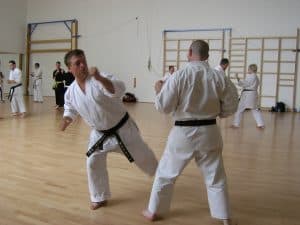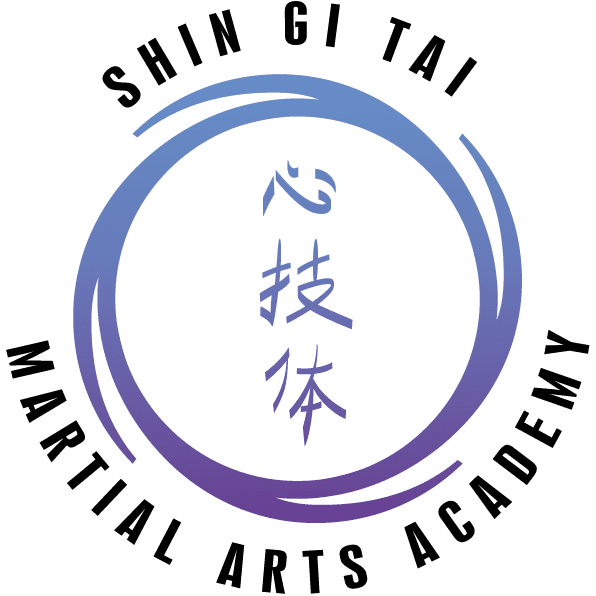 As a Martial Artist, most of us want to be the best that we can be, at what we do or at least that’s what many of us tell our instructors/coaches.
As a Martial Artist, most of us want to be the best that we can be, at what we do or at least that’s what many of us tell our instructors/coaches.
The first thing we need to ask ourselves is what does “being the best we can be look like” for me? What does it mean for me as an individual? How do I measure it?
Decide what you want to be good at.
In Martial Arts, there are many different disciplines, so the first thing is to decide which you want to study. For example (and speaking in general terms here) Olympic Taekwondo is a sport that focusses on Kicking techniques, Aikido focused on using the power and strength of one’s partner to redirect, lock and throw them, Boxing only allows the use of the hands to punch at medium to close range. Judo teaches how to throw and do groundwork.
If we go a step deeper and look at say Taekwondo or Karate. Within these two arts there are forms (Poomsae in TKD and Kata in Karate) where the objective is for the practitioner to perform their ‘fighting dance’ with elegance, poise, balance, strength, focus and power. Both arts also have sparring. In Judo people start sparring (called Randori) almost immediately and then start learning Kata once they are nearing Black Belt level. Some people want to do both disciplines, other only want to do one. The choice is yours, there is no right or wrong answer, it’s all down to the individual.
What you want to get from your training will determine how you need to go about getting there.
Your must question what you do.
Seek feedback.
Repetition.
Understand your own limitations.
Learn from your mistakes.
Mental Preparation.
You need to be able to ‘switch on’ at short notice and use that shift in adrenalin to help you focus and perform under pressure. The emotional intelligence aspects are very different for performing a form or Kata at a major competition to defending yourself in a dark alleyway.
If the former, you need to be able to combat nerves to be able to perform on the day and if the latter, think about how you practice for fast paced, pants wetting violent scenarios against muliple attackers.
Summary
YOU define what excellence is for you and then practice to be the best you can be and never be satisfied with your performance, always try to be a little better.
The guys in this video are amongst the most senior practitioners of Shotokan Karate, they didn’t get there by accident. If you want to be as good at your Martial Arts as they are at theirs, then you need to put up and train intelligently.
http://youtu.be/rqZSUuFsHB8
